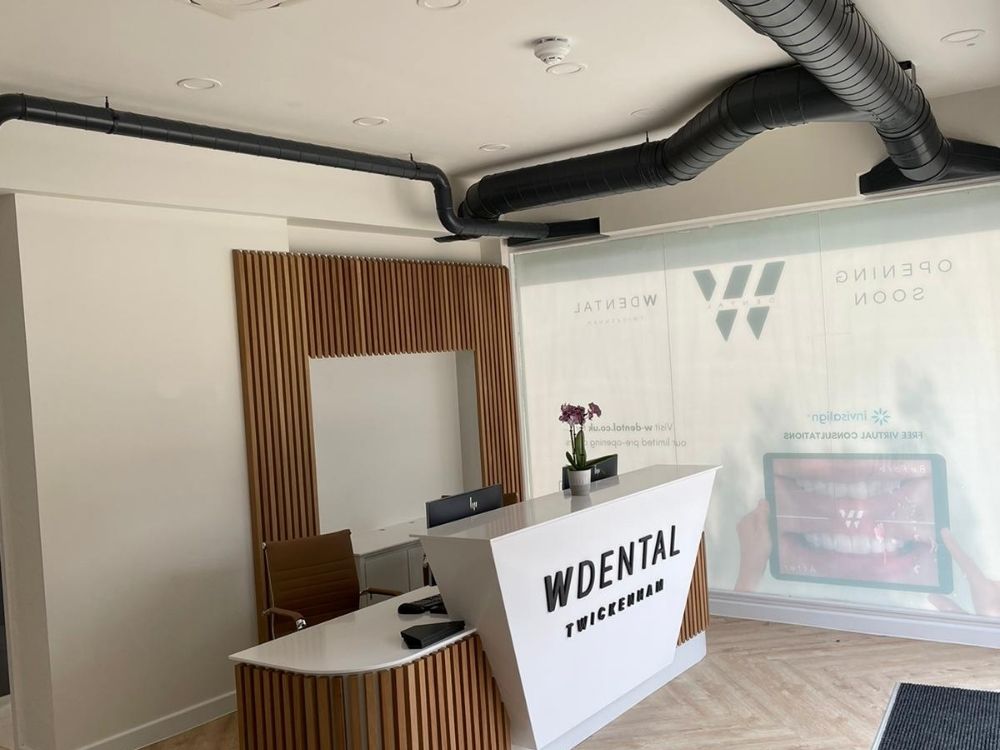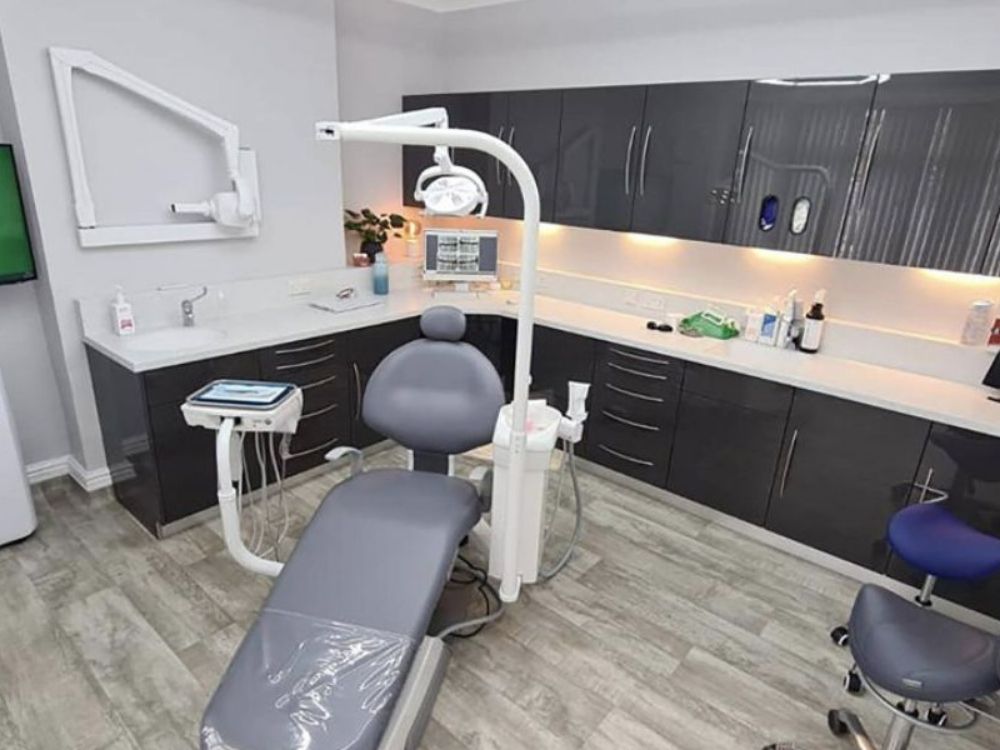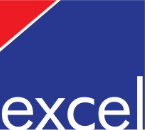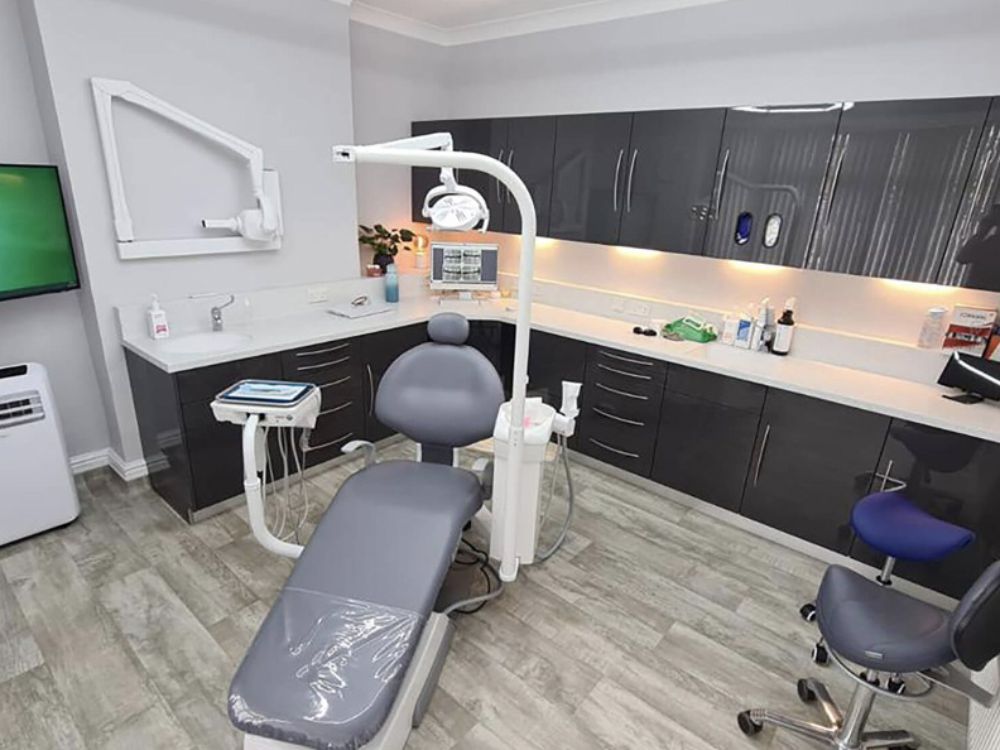What are the typical costs in setting up a Squat Dental Practice?
A question that is asked of us all the time!
Setting up a dental squat practice (a new dental practice from scratch without buying an existing one) involves significant costs, both initial and ongoing. These costs can vary based on the size, location, and the type of services offered.
Below is a breakdown of the typical costs involved:
1. Premises Costs

– Lease vs. Purchase: The decision to lease or buy property depends on your long-term plans and capital availability.
– Leasing: Leasing can reduce upfront costs, but rent can escalate over time. You’ll likely have to commit to a 5 to 10-year lease for a commercial property. Prime locations in urban areas will have significantly higher rents than those in suburban or rural areas. Expect around £1,000 to £5,000+ per month, depending on the location.
– Purchasing: Buying property increases your initial capital outlay but can be a long-term investment. Prices for commercial properties vary widely based on the size, condition, and location, ranging from £100,000 to £500,000+.
– Renovation and Fit-Out:
– Compliance with Regulations: Dental practices must meet stringent regulations, especially for infection control and patient safety (CQC standards in the UK). This means installing proper flooring, wall cladding, air ventilation, and more.
– Clinical Environment: The space needs to be purpose-built with areas like treatment rooms, a sterilization room, and a patient waiting area. Depending on the condition of the premises, fit-out costs can range from £50,000 to £200,000, with more complex designs costing significantly more.
– Utilities: Dental practices consume a lot of water and electricity for equipment like dental chairs, sterilization units, X-rays, and more. Connecting utilities can range from £2,000 to £5,000, depending on the infrastructure.
2. Equipment Costs
Setting up a fully functional dental clinic requires an array of specialized equipment:

– Dental Chairs: A top-of-the-line dental chair with integrated delivery systems, lighting, and accessories costs anywhere from £15,000 to £30,000+. The number of chairs will depend on how many treatment rooms you plan to have, typically ranging from 2-6 chairs in a moderate-sized practice.
– Imaging Equipment:
– Intraoral X-rays: This is necessary for day-to-day dental exams and treatments, costing around £3,000 to £5,000 per unit.
– Panoramic X-ray: Also known as OPG machines, these offer full-mouth scans and cost £10,000 to £20,000.
– Digital Sensors: Moving to digital X-rays requires digital sensors that cost £5,000 to £10,000 per sensor but offer long-term savings over traditional film.
– Sterilisation Equipment: Autoclaves and sterilization units are essential for any dental practice. A mid-range autoclave typically costs £5,000 to £10,000, with larger units or more advanced models costing up to £15,000.
– In-House Laboratory: If you’re planning to do dental prosthetics (crowns, bridges, dentures) in-house, milling machines, 3D printers, and other lab equipment can cost upwards of £20,000 to £50,000+.
– Consumables: Initially stocking up on consumables like composite fillings, impression materials, syringes, gloves, and PPE can cost £5,000 to £15,000, with ongoing expenses based on patient volume.
3. Staffing Costs
Staffing is one of the largest ongoing expenses in a dental practice:
– Dentists: If you’re hiring additional dentists, salaries can vary based on experience, region, and contract type. Dentists in the UK typically earn £60,000 to £120,000+ per year. If you choose to work in the practice yourself, this cost could be partially offset.
– Dental Hygienists/Therapists: Hygienists earn between £20,000 to £40,000+ annually, depending on part-time or full-time work. Many are self-employed and paid on a per-patient or daily rate.
– Dental Nurses: A qualified dental nurse’s salary typically ranges from £20,000 to £30,000. They assist in procedures, sterilize equipment, and maintain patient records.
– Reception Staff: Salaries for front desk personnel and office staff range from £18,000 to £25,000, with additional administrative roles potentially required as the practice grows.
– Practice Manager: A practice manager oversees the operational, financial, and regulatory compliance aspects of the business, and can be vital for larger practices. They typically earn £30,000 to £50,000 depending on experience.
In addition to salaries, remember to account for employer National Insurance contributions, pension costs, and potential benefits like healthcare.
4. Technology and Software
Managing a modern dental practice requires up-to-date technology for scheduling, billing, and patient management:
– Practice Management Software: Software solutions (like Software of Excellence, Dentally, or Carestream) are essential for managing appointments, treatment plans, patient records, and finances. Setup fees range from £2,000 to £5,000, with annual subscription fees around £1,000 to £3,000.
– Digital Marketing and Website: A professional website can cost £2,000 to £5,000 for design, plus ongoing hosting fees and digital marketing (SEO, Google Ads) at £500 to £2,000 per month.
– Patient Communication Systems: Text/email appointment reminders, online bookings, and teleconsultations are becoming more common. Integrating these systems into your practice may require an additional £1,000 to £3,000 annually.
5. Regulatory and Legal Costs
Dental practices in the UK must comply with stringent regulatory standards:
– CQC Registration: Registering with the Care Quality Commission (CQC) ensures the practice meets health and safety standards. This includes infection control, equipment sterilization, patient care, and staff training. The registration process itself costs £1,000 to £2,000, but preparing the premises for inspection and compliance may require additional time and investment.

– Insurance: You’ll need several types of insurance:
– Professional Indemnity Insurance: Required for practicing dentists, costing around £1,000 to £5,000+ annually.
– Public Liability Insurance: Covers accidents or injuries to patients or visitors, costing between £500 to £2,000 per year.
– Health and Safety Compliance: Ensuring the practice meets health and safety standards, including infection control, fire safety, and data protection (GDPR), could involve additional costs like staff training and assessments, around £1,000 to £3,000.
6. Marketing and Branding
A well-executed marketing strategy is essential to attract new patients, especially for a squat practice:
– Brand Identity: Developing a logo, business cards, and branded materials (brochures, appointment cards) can cost £2,000 to £5,000.
– Signage: External signage to attract passers-by can cost £1,000 to £5,000 depending on the complexity and size.
– Initial Marketing Campaign: You may need to allocate £5,000 to £20,000 for initial marketing efforts, including print materials (leaflets, posters) and online ads (Google, Facebook). Word-of-mouth is also crucial in dental practices, so investing in community events or patient referral programs could be beneficial.
7. Working Capital and Contingency
– Working Capital: It’s wise to have £50,000 to £100,000 set aside to cover salaries, rent, and operational costs during the first 6 to 12 months, while patient numbers build up.

– Contingency Fund: Unexpected costs can arise, from equipment repairs to legal fees. A contingency fund of 10-20% of your total budget is a good safeguard.
Overall Total Costs
Taking all of these into consideration:
– Lower-end estimate: £150,000 to £250,000, assuming a small practice, leased premises, and a modest fit-out with essential equipment.
– Higher-end estimate: £400,000 to £1,000,000+, for larger or multi-chair practices, premium locations, and top-of-the-line equipment.
PLEASE NOTE: Whilst we have many years of experience in setting up dental practices, we are not financial advisers nor practice owners, we have taken many of the figures from a number of practice sources and freely available data. We would always suggest speaking with a dedicated financial advisor to help budget your prospective project for more accurate and up-to-date figures.
Chat to us to discover more: Call us on 0208 820 0853, email sales@excel-ltd.co.uk or complete the form here.

